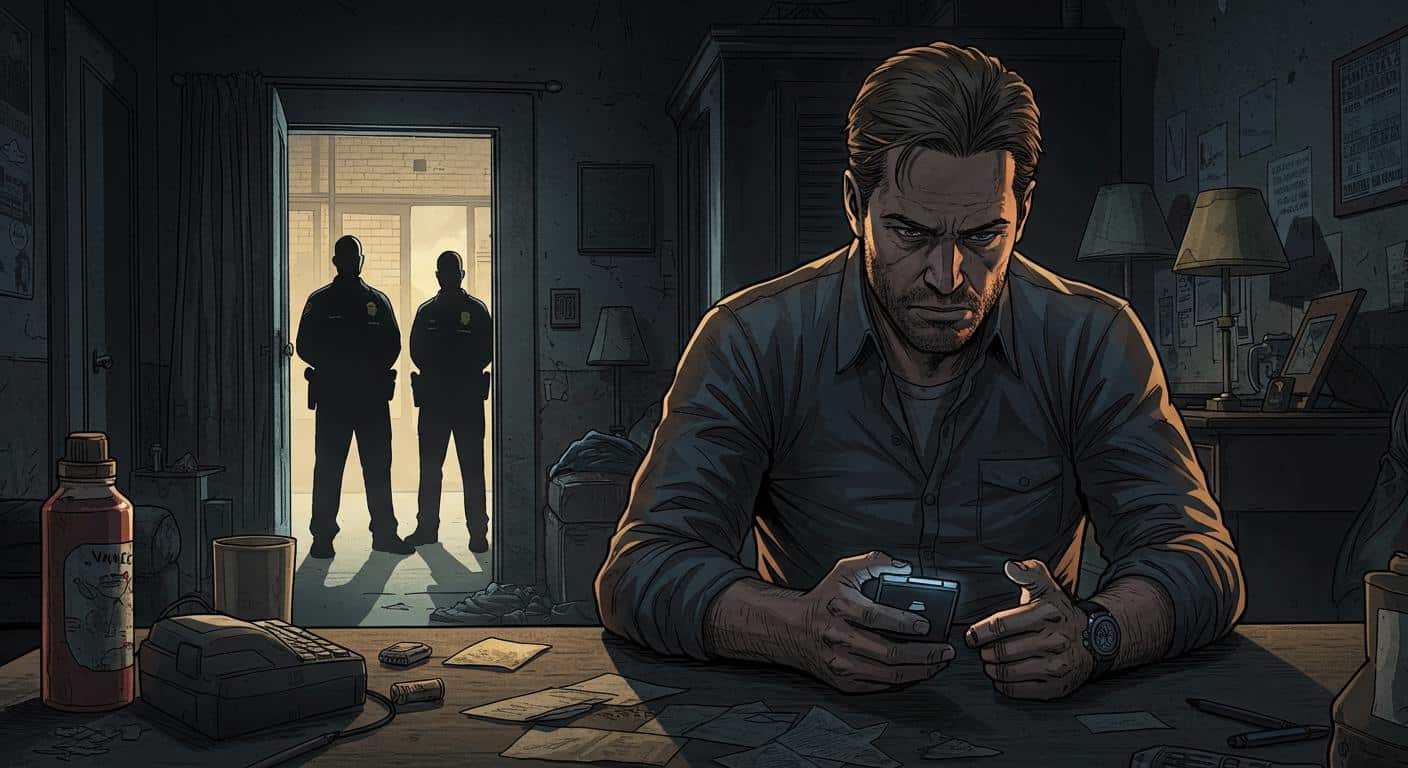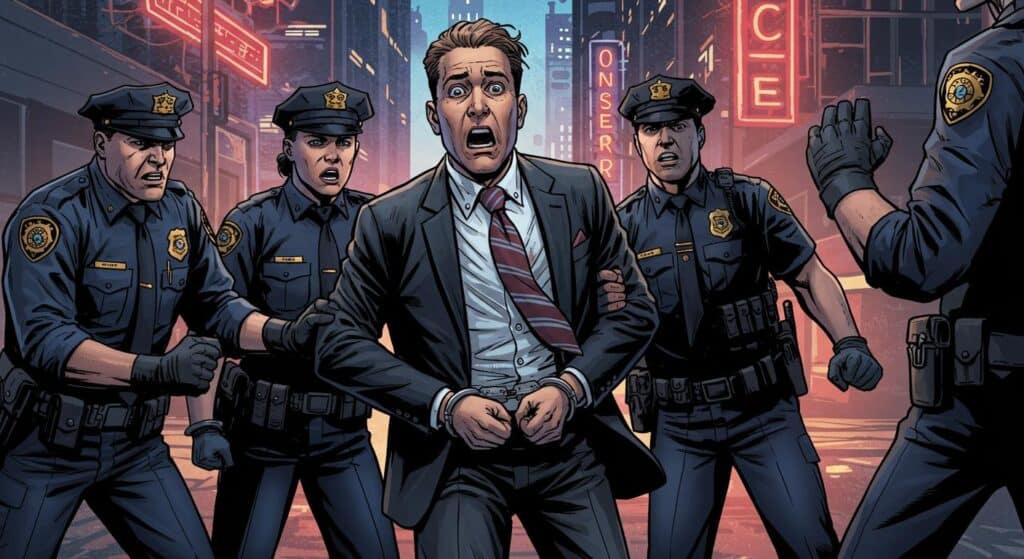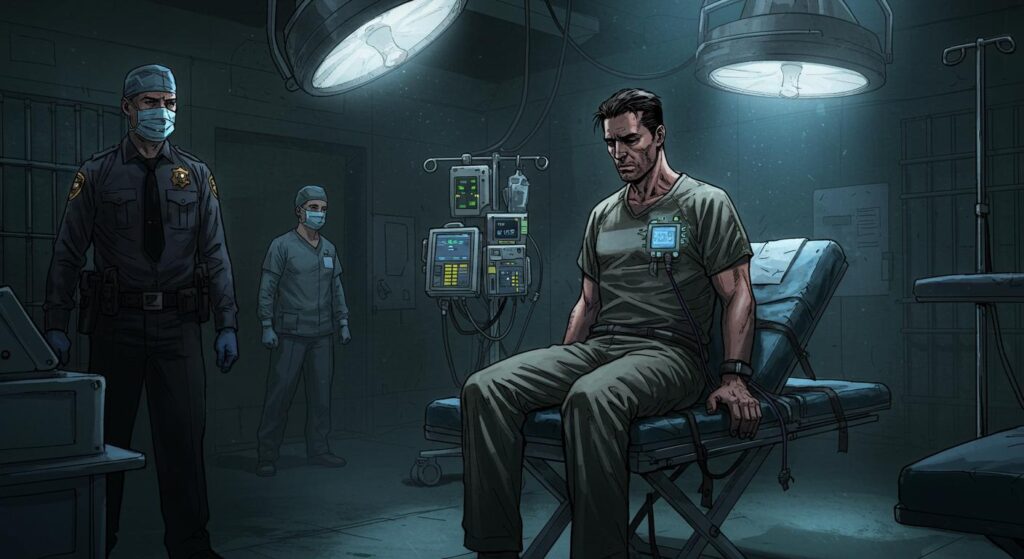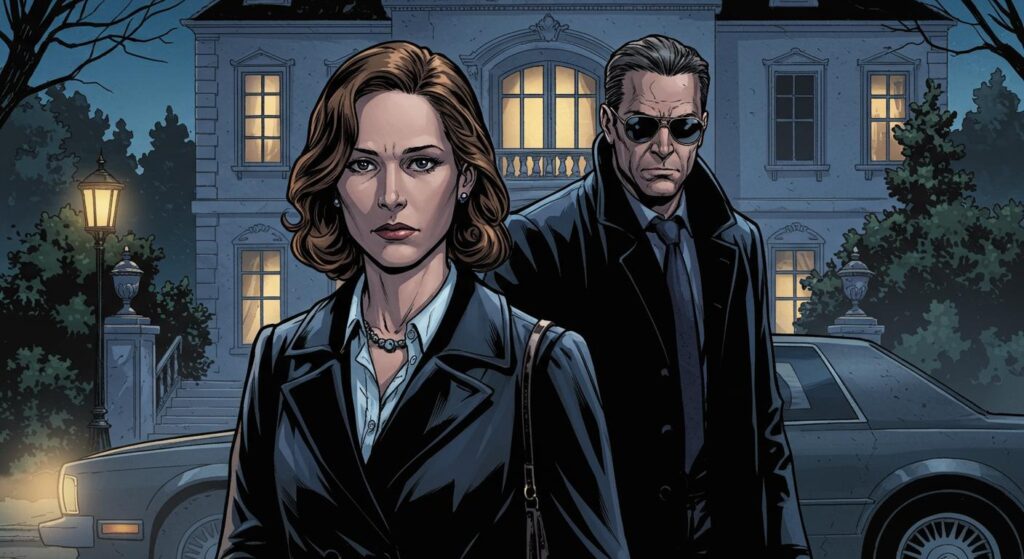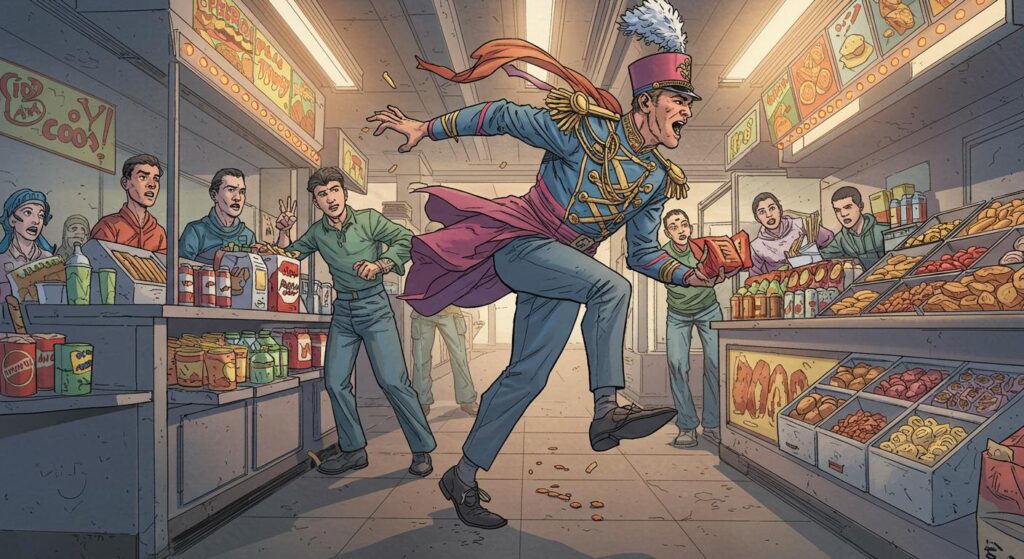If you’re ever tempted to believe the criminal underworld is run by masterminds worthy of Hollywood heist flicks, there’s always a headline like this one—refreshingly disabusing us of the notion. This week’s moment of unintentional honesty comes courtesy of Jack Johannesen, a young man from Sandy, Bedfordshire whose approach to secure communications was, shall we say, less than discreet. According to BBC News, Johannesen not only operated as part of an organised crime group, dealing everything from cannabis to heroin, but managed to unintentionally enroll a local police officer onto his drug distribution list—via text.
When Targeted Messaging Goes…Very, Very Wrong
It’s the kind of slip that reads almost slapstick in the retelling. Fresh off a raid in October that netted Bedfordshire Police multiple seized phones (including one valiantly smashed and tossed in the kitchen bin), Johannesen was released on bail and wasted little time acquiring a new line to reignite his enterprise. Both BBC News and Biggleswade Today report that eight days later, attempting to reach out to his customer base, Johannesen sent a mass message advertising his new number. In a display of either poor contact hygiene or remarkable absent-mindedness, he fired off the details of his illicit business straight to the work phone of a police officer—one present at his own earlier arrest.
As Biggleswade Today highlights, the poetic twist is that the officer who received the text was already intimately familiar with Johannesen’s time management and phone destruction skills. One has to wonder: was the number still saved as “police”? Or perhaps “officer who raided me”? The possibilities for comedy here are limited only by the imagination—and, apparently, by Johannesen’s own.
Hide-and-Seek: Now With Mobile Ringtones
But the technological misadventures did not end with the world’s least advisable group text. When police returned for a follow-up raid in November, Johannesen tried once again to hide his tracks—this time stashing a phone behind a wardrobe. Both BBC News and Biggleswade Today note that his efforts were immediately undone when, during the search, the phone inconveniently started ringing. (Perhaps a telemarketer sensing a void in the local drug trade?)
According to both sources, more than 400 potential buyers had been contacted from the various seized devices, and the subsequent searches turned up designer goods, a modest haul of cannabis, and nearly £2,000 in cash. Details highlighted in both articles reinforce the sense of a gritty, small-town farce—equal parts criminal intent and unintended self-sabotage.
A Master Class in How Not to Run a Criminal Enterprise
By the time Johannesen stood before Luton Crown Court, the script felt almost inevitable. As documented by both BBC News and Biggleswade Today, Johannesen pleaded guilty to two counts of supplying cannabis—and acknowledged he had breached his bail conditions—resulting in a sentence of two years and ten months. He was cleared of a charge related to cocaine supply, a minor relief in what was otherwise an impressively self-defeating campaign.
Detective Constable Adam Geary, from the Bedfordshire Police Boson team, emphasized the importance of continued enforcement and community cooperation, a sentiment echoed in both outlets. Still, one suspects that, in this particular case, Johannesen did much of the hard work for them.
Lessons from the Curious Chronicles of D.I.Y. Drug Dealing
It’s hard not to appreciate a story that ticks so many boxes: human error, digital breadcrumbs, and the occasional ringing phone in an incriminating location. Of course, the real world consequences—harm to communities, blighted neighborhoods—shouldn’t be understated. But there’s an odd satisfaction in watching a would-be kingpin brought down not by sophisticated detective work, but by something as mundane as a misdirected text and questionable contact management.
Do tales like this hint at a broader trend—one where tech-savvy criminals are, in reality, just as prone to autocorrect mishaps and butt-dials as the rest of us? Or does it simply prove that, in the end, criminal or not, nobody is immune from the occasional, exceptionally public facepalm?
Either way, there’s a lesson here: triple-check your contacts, and if you’ve just been arrested, perhaps refrain from texting the arresting officers about your grand reopening. Some stories genuinely do write themselves.

